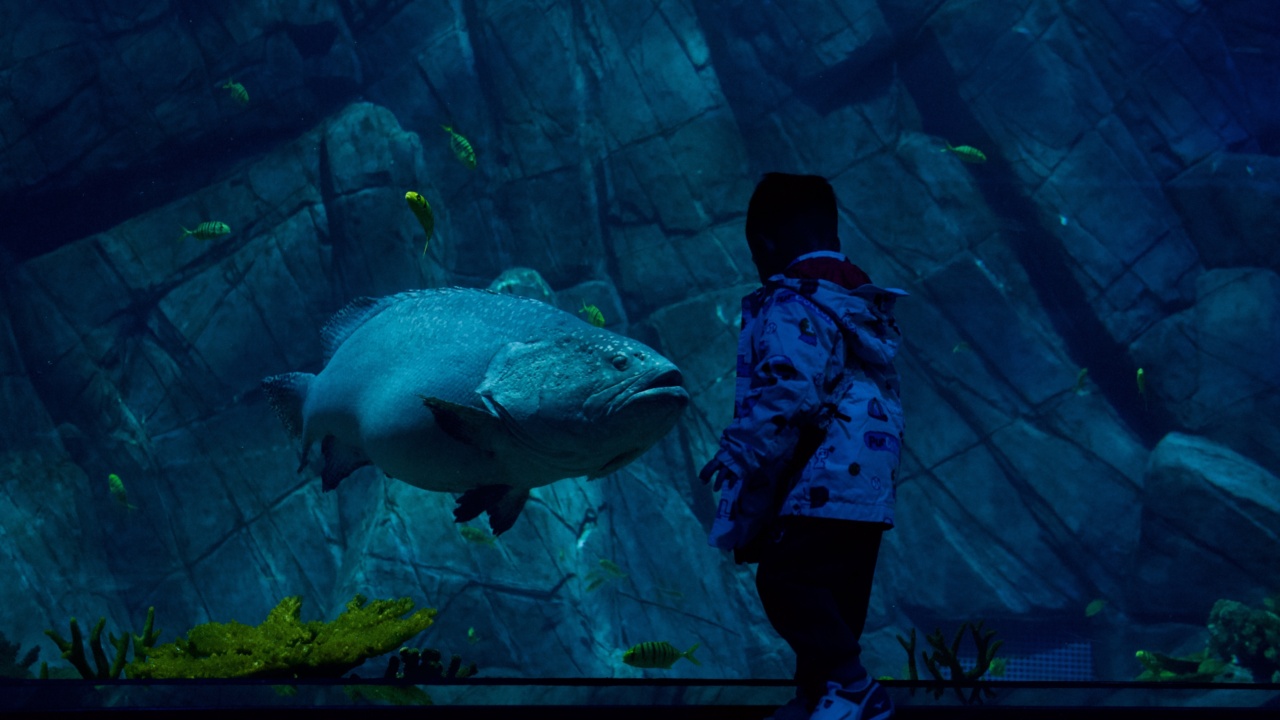Pregnancy is a crucial period for women, and it is essential to take care of what they consume during this period. A well-balanced diet during pregnancy is essential for the proper growth and development of the fetus.
However, a study conducted by the Harvard T.H. Chan School of Public Health found that excessive fish intake during pregnancy could lead to child obesity.
Background
Fish is a nutritious food that is rich in omega-3 fatty acids, proteins, and other essential nutrients.
Omega-3 fatty acids are known for their benefits in reducing the risk of cardiovascular diseases, and they are also important for the development of the fetus’s brain and eyes. However, the consumption of fish during pregnancy has been linked to potential risks of contaminants such as mercury, which is known for its neurotoxic effects.
The Study
The study conducted by the Harvard T.H. Chan School of Public Health analyzed data from more than 26,000 mother-child pairs in the United States.
The researchers found that children whose mothers had consumed more than two servings of fish per week during pregnancy had a 22% higher risk of being overweight or obese at the age of four and a half years compared to children whose mothers had consumed less fish.
Explanation
The researchers also found that the link between excessive fish intake during pregnancy and child obesity was more pronounced in girls than in boys.
The reason for this difference is not clear, but studies have shown that gender differences exist in the metabolism of certain nutrients.
Excessive fish intake might lead to child obesity due to the high content of mercury in some fish species. Mercury is a neurotoxic and endocrine-disrupting contaminant that has been linked to obesity.
The developing fetus is particularly vulnerable to the toxic effects of mercury.
Moreover, high levels of omega-3 fatty acids in the mother’s diet during pregnancy could lead to an increase in the fetus’s birth weight, which could be a risk factor for child obesity.
A higher birth weight has been associated with an increased risk of obesity, type 2 diabetes, and other chronic diseases later in life.
Conclusion
In conclusion, while fish is an important source of nutrients during pregnancy, excessive fish intake could be harmful to the developing fetus. Pregnant women should be cautious about the types and amounts of fish they consume during pregnancy.
They should choose fish that are low in mercury, such as salmon, herring, and trout, and limit their consumption to two servings per week.
It is important for pregnant women to consult their healthcare providers to discuss their diets during pregnancy and ensure that they are getting all the necessary nutrients without risking the health of their developing fetuses.




























